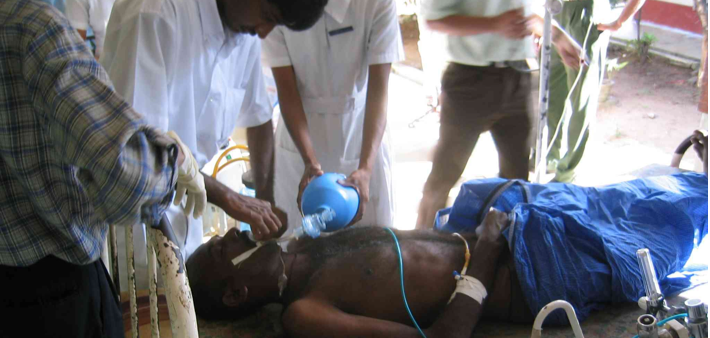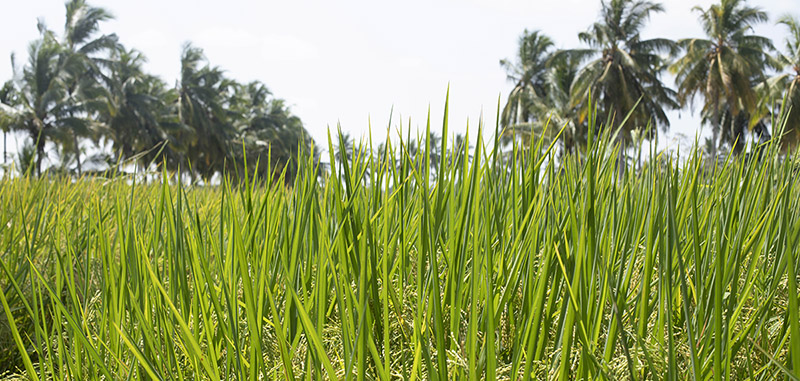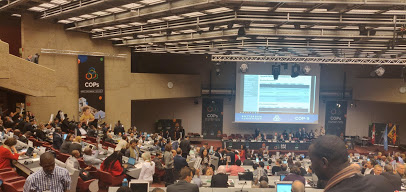
Component parts of the United Nations working on highly hazardous pesticides (FAO, WHO, UNEP) provide technical advice to countries and offer the most effective route to international change and impact, particularly through governing bodies: the World Health Assembly and FAO Conference.
CPSP works with the WHO and FAO looking at suicide prevention (WHO) and pesticide regulation (FAO, WHO) as well as the Joint Meeting on Pesticide Management (JMPM) of the FAO, WHO, and UNEP. This meeting is the global lead for pesticide use and management. It has recently accepted that pesticide suicides are an appropriate subject for the committee, as an occupational condition, after the subject was long ignored by all international conventions as a problem of misuse.
CPSP further expands its human rights work by publicising violations related to HHP use, such as the rights to life, safe working conditions, and others. We will collect data on such violations and work in depth on how pesticide harms affect the rights of vulnerable groups, especially women and children. We will produce academic publications, reports and legislative recommendations on mainstreaming human rights and gender into pesticide legislation.





